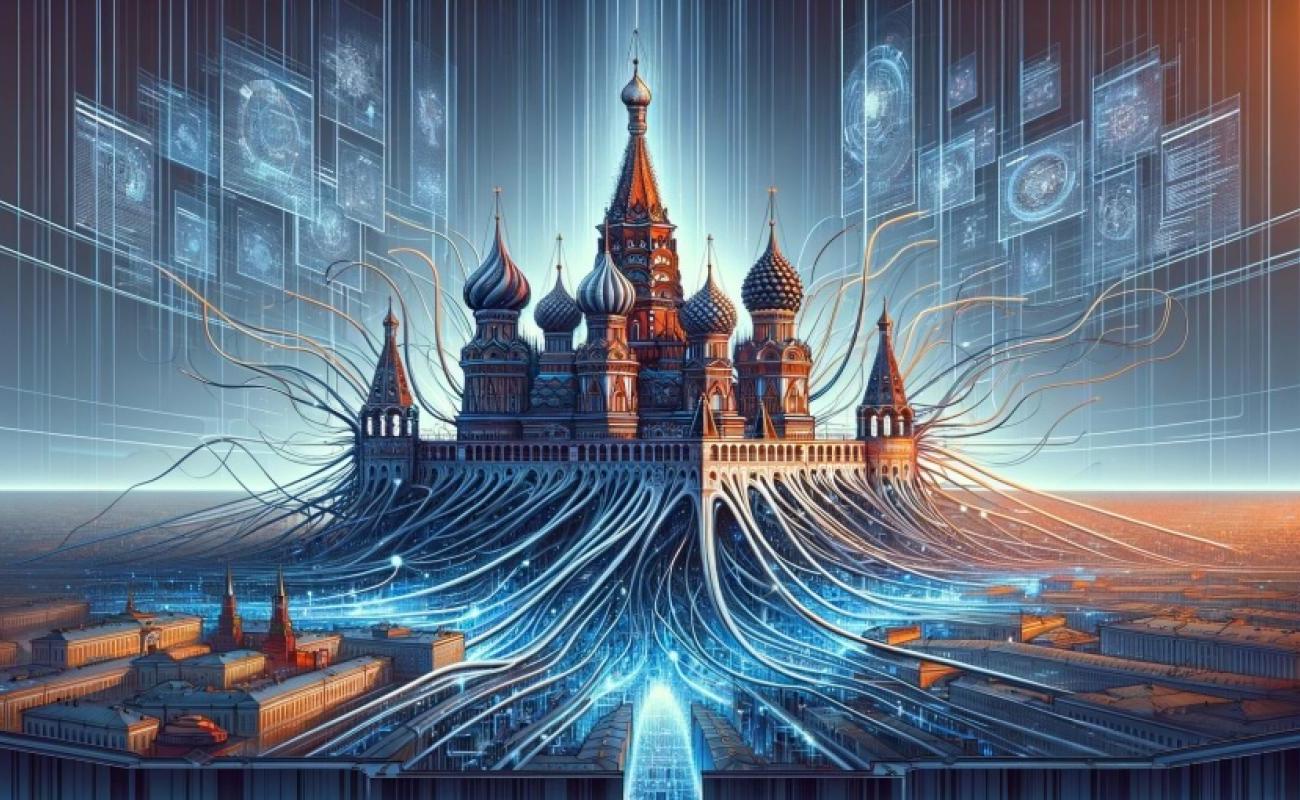The Kremlin's creeping control over Russia's internet

Russian officials are poised to try to shut off the Virtual Private Networks (VPNs) starting in March, according to Yekaterina Mizulina, the head of the Kremlin-supported Safe Internet League. These are widely used to dodge restrictions on access to international pages on the internet as the Kremlin intensifies its efforts to control the content its citizens have access to.
Mizulina told a meeting of school children that the government has been tightening its access to Western social media and independent news outlets in the wake of the Ukraine invasion.
Mizulina described VPNs, particularly free ones, as a "total portal into hell," stressing the perceived security risks they pose to users' devices. She confirmed that the government is "most likely" to proceed with the VPN ban on March 1. However, she noted the technical challenges in enforcing a complete ban, indicating that the focus would be on curtailing the most widely used VPN services.
The move is the latest in a long-standing effort by the Kremlin to take better control of the internet as part of the rising repression of the Putin regime.
Russia enjoyed a heyday of information freedom in the Yeltsin era when privately owned stations like NTV were launched and brought unvarnished reporting to the airwaves. At the same time, new newspapers such as Russian Telegraph, Russian Newsweek and Vedomosti – a joint venture between the Moscow Times’s publisher Independent Media, the Financial Times and the Wall Street Journal – were launched along with a plethora of news and other information sites such as TV Dozhd (TV Rain).
But after Putin took over there has been a long slow campaign of regaining control over the bandwidths of alternative news sources.
The TV stations have long since been returned to state control. The biggest privately owned station, STS, is an entertainment channel and told bne IntelliNews in off-the-record remarks a few years ago that it simply wouldn't broadcast political content, as “it’s not worth it.”
The first thing that Russian President Vladimir Putin did on taking office in 2000 was to drive oligarch Boris Berezovsky into the exile, who had taken control of ORT, now known as The First Channel, and throw Vladimir Gusinsky into jail, the founder of NTV, which was rapidly acquired by Gazprom Media.
The press was also under pressure but the first major broadside was the introduction of a 20
